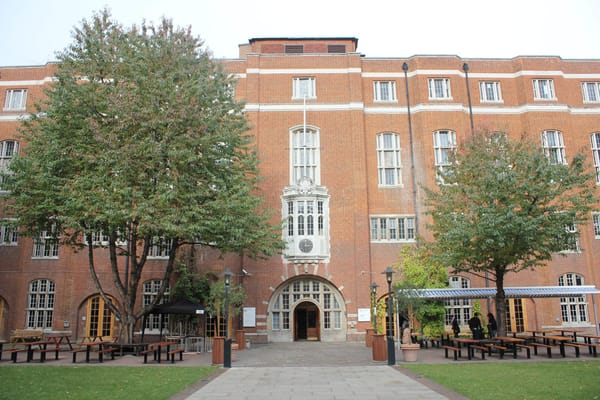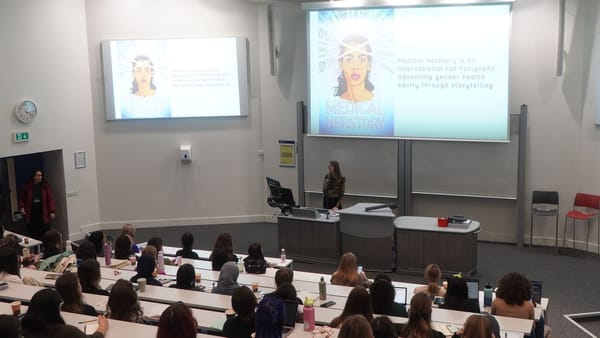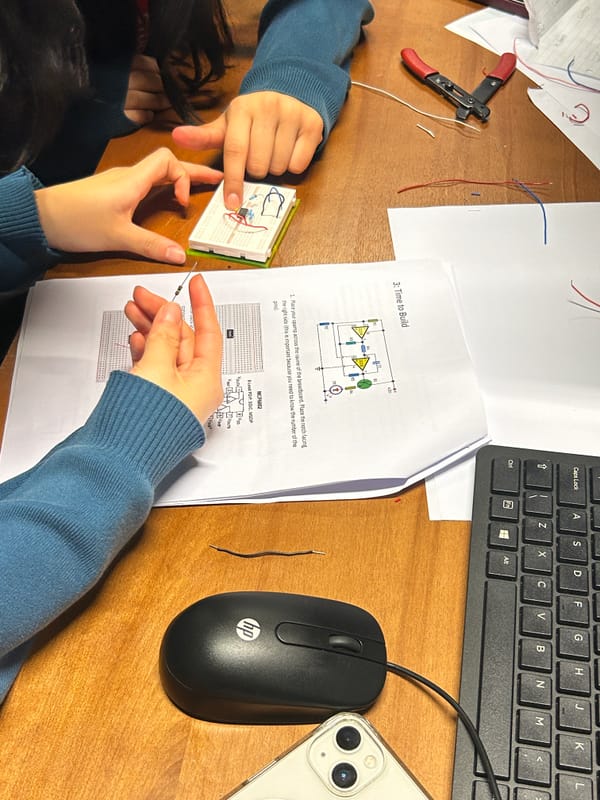University applications fall by 9%
Demand for science study steady in comparison

After years of steady increases, university applications are currently 9% lower than last year’s level at this time with 7000 fewer applications so far. Although the deadline for most courses is January, these figures from UCAS (University and College Admissions Service) are the first official application figures for students who will be paying higher tuition fees of up to £9000 per year.
However, since these figures only show applications up to October 19, Universities UK has warned that they remain “unreliable indicators” and do not yet tell the full story. A better indicator of the change in application numbers may be the fact that, despite the large decline in total applications so far, applications with an October 15 deadline (Oxbridge, and all medicine and veterinary applications) are only down 0.8%. On the other hand, the majority of these applications will be from high academic achievers who are most likely to attend university anyway despite the rising fees. Therefore, there is still uncertainty as to whether there will be a late soar in applications to match this small decline of early applications, or whether the rise in tuition fees has taken a greater toll on those students that would apply to courses with the later January deadline.
There is still uncertainty as to whether there will be a late soar in applications
Toni Pearce, vice-president of the National Union of Students, has suggested that the current figures are a reflection of “the confusion caused by the government’s botched reforms” which are “causing young people to at the very least hesitate before applying to university.”
A survey commissioned by the BBC has also suggested that the higher fees will put off 10% of potential students in England. However, Universities Minister, David Willetts insists that, “it is important that no one is put off applying to university because they do not have information about how the new student finance system works.”
However, whilst the figures show an 11.9% reduction in applications from UK students, and a 9.3% reduction from other-EU students, applications from students outside the EU have risen significantly by 8.8%. Although the near trebling of tuition fees in 2012 does not apply to international students, their fees are already exceptionally high, often over £20,000. These latest figures reflect the consistently high reputation of UK universities worldwide and their strong appeal to international students.
Interestingly, whilst applications from male students saw a decline of only 7%, applications from females have dropped by 10.7%. This can also be linked to a higher decline in applications for arts subjects and public services, such as education and nursing, which typically have more female applicants.
Applications for science subjects, on the other hand, have generally not changed hugely with applications for both physical sciences and mathematical and computer sciences only down 1.6%, for example. On the surface, it certainly seems that students are now addressing the suitability, value-for-money and career prospects of university courses to a greater extent that will hopefully lead to wiser choices being made. These changes could mark the end of an era whereby simply obtaining a degree was regarded by many students as the important aspect of university, regardless of the institution’s status and the course they are studying.
Applications for science subjects ... have generally not changed hugely
The UCAS figures also show that applications from people over the age of 25 have fallen by a staggering 20% and over the age of 40, by 28%. Meanwhile, there has been only a 2.4% reduction in the number of 18 year olds applying, suggesting that the rising tuition fees are not deterring young people from further study as significantly as was expected.
Pro-Rector Professor Julia Buckingham told Felix that, “it is still early days in the admissions cycle for 2012 and we will want to hold off drawing any conclusions at this stage. Data from UCAS suggests the number of applications for Imperial received by October 15 were down by around 0.3% for 2012 entry compared to the same point the previous year. However the rate appears broadly in line with the level of applications received for 2010 entry, indicating that more information is needed for us to properly understand any trends in application rates.”







